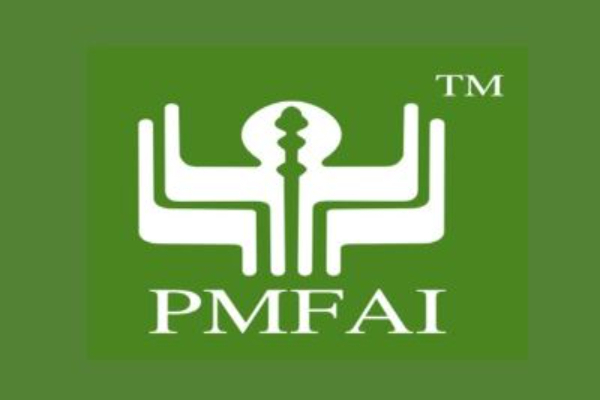The PMFAI also argues that the tariff hike on pesticides imports in USA is not only a trade issue but also a pharmaceutical, public health and food security challenge

India’s pesticide manufacturing and export sector leading body Pesticides Manufacturers & Formulators Association of India (PMFAI) has raised urgent concerns over the United States’ recent decision to impose a 50% tariff on agrochemical imports, warning that the move could severely impact Indian exporters and global supply chains in pharmaceuticals, veterinary care, food security, and public health.
The tariff hike stems from a Trump administration order dated April 2, 2025, regulating imports under a “reciprocal tariff” framework aimed at addressing U.S. trade deficits. While pharmaceuticals have been granted exemptions under the order, Indian industry stakeholders highlight that pharmaceutical-grade pesticides with proven medicinal and veterinary use and used widely as medicine have been excluded due to their classification under agrochemical HS codes.
Call for Exemptions on Medicinal and Veterinary Use Pesticides
PMFAI stress that products like Permethrin (listed in the U.S. Pharmacopeia for human lice and scabies treatment) and Fipronil (an essential veterinary ectoparasiticide) deserve inclusion under the pharmaceutical exemption. They argue that reclassification of such substances under HS Chapter 30 would align with their real-world applications and ensure continued availability in both human and veterinary health sectors.
Public Health Concerns
PMFAI Stakeholders also call for exemptions on WHO-recommended public health pesticides, which are crucial for controlling malaria, dengue, and other vector-borne diseases. These include widely used molecules such as Permethrin, Deltamethrin, Alpha-cypermethrin, and Lambda-cyhalothrin— many of which are exported in significant volumes from India.
“Tariff barriers on these products could jeopardize ongoing public health programs in malaria- and dengue-endemic regions,” the representation warns, noting that India remains one of the world’s largest suppliers of these life-saving vector control tools.
Agriculture-Critical Molecules at Risk
Beyond pharmaceuticals and public health, PMFAI emphasize that several agriculturally critical pesticides are at stake. Molecules such as Mancozeb, Cypermethrin, 2,4-D, Chlorpyriphos, Diuron, Triclopyr, Lambda-Cyhalothrin and Neem Seed Oil—not widely manufactured in the U.S.—have seen strong export volumes from India in recent years. The new tariff regime could disrupt U.S. food security supply chains that rely on these imports.
Industry’s Requests to Government
In light of the above, Indian exporters have sought urgent government intervention, outlining the following key measures:
1. Bilateral Negotiations with the U.S. to secure tariff exemptions for pharmaceutical-grade, WHO-approved and food security critical pesticides.
2. Export Rebates and RoDTEP Enhancements to maintain competitiveness against higher tariff barriers.
3. HS Code Reclassification to align medicinal-use pesticides under pharmaceutical/veterinary categories.
4. Consideration of compensatory relief in equivalence to Trump tariff on exports from India to any territory to protect domestic manufacturers.
Global Implications
The PMFAI also argues that the tariff hike on pesticides imports in USA is not only a trade issue but also a pharmaceutical, public health and food security challenge. Restricting access to these essential products risks disrupting malaria control, veterinary disease management, and food security.
“India’s agrochemical industry plays a vital role in global health and food security. We urge the government to act swiftly to safeguard exports from India and ensure uninterrupted supply of critical pesticides.”
Author: Dr. Sandeep Singh, Advisor, PMFAI
Subscribe to our newsletter & stay updated.